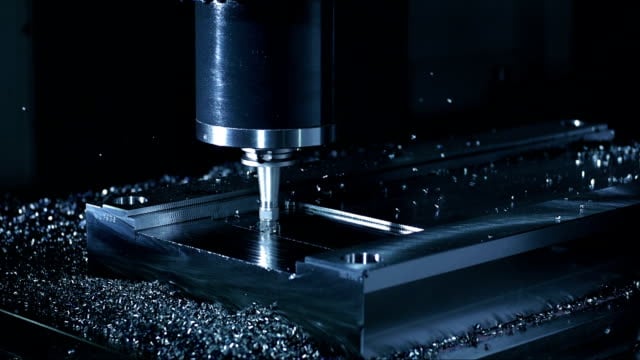The Basics of CNC Milling Machines
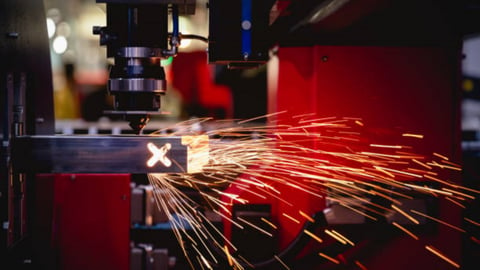
A CNC milling machine, also known as a computer numerical control milling machine, is a versatile and powerful tool used in various industries for precision machining. It is a programmable machine that operates on multiple axes, allowing it to create complex and precise parts from various materials.
How CNC Milling Machines Work
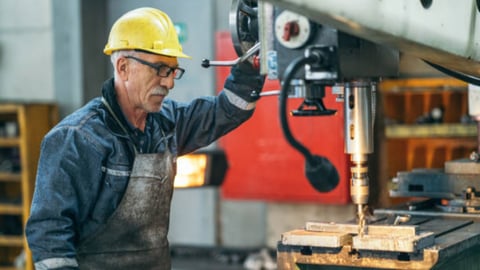
CNC milling machines use a combination of computer programming and motors to control the movement of the cutting tool. The machine operator creates a digital design or model of the part to be machined using computer-aided design (CAD) software. The design is then converted into a set of instructions, known as G-code, which the machine follows to execute the machining process.
The Advantages of CNC Milling Machines
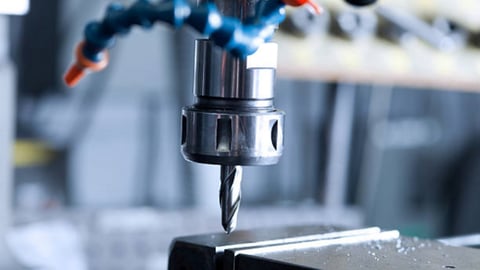
CNC milling machines offer numerous advantages over conventional milling machines. Firstly, they provide exceptional precision and accuracy, allowing for the creation of intricate and complex parts with tight tolerances. Additionally, CNC milling machines are highly efficient and can produce parts at a much faster rate than manual milling machines. They also offer greater flexibility and versatility, as they can be easily reprogrammed to produce different parts without the need for extensive manual adjustments.
The Applications of CNC Milling Machines
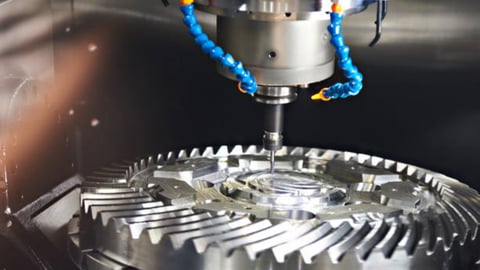
CNC milling machines are used in a wide range of industries, including automotive, aerospace, electronics, and medical. They are commonly used for tasks such as prototyping, machining complex shapes, creating molds and dies, and producing high-precision components. CNC milling machines are also ideal for batch production and can be used to create multiple identical parts with consistent quality.
The Components of CNC Milling Machines
A CNC milling machine consists of several key components that work together to execute the machining process. These include the machine bed, which provides a stable foundation for the machine; the spindle, which holds the cutting tool and rotates at high speeds; the tool changer, which automatically changes tools as required; and the control panel, which allows the operator to input commands and monitor the machining process.
The Types of CNC Milling Machines
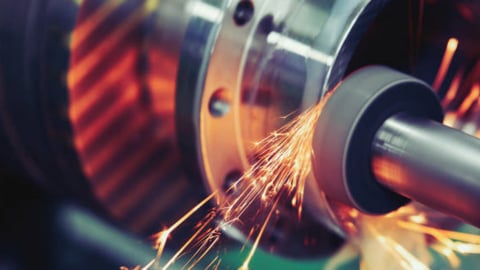
There are several types of CNC milling machines available, each designed for specific applications. Vertical milling machines have a vertical spindle orientation and are commonly used for drilling, slotting, and milling operations. Horizontal milling machines have a horizontal spindle orientation and are ideal for machining large and heavy parts. Some CNC milling machines also offer multi-axis capabilities, allowing for more complex machining operations.
The Materials Used in CNC Milling
CNC milling machines can work with a wide range of materials, including metals, plastics, and composites. Common metals used include aluminum, steel, and brass, while common plastics include ABS, PVC, and nylon. The choice of material depends on the specific requirements of the part being machined, such as its strength, durability, and heat resistance.
The Importance of CNC Programming
CNC programming is a crucial aspect of operating a CNC milling machine. The programming language used is G-code, which consists of a series of commands that tell the machine how to move and operate. The accuracy and efficiency of the machining process depend on the quality of the programming. Skilled CNC programmers are essential for optimizing the machine's capabilities and achieving optimal results.
The Future of CNC Milling Machines
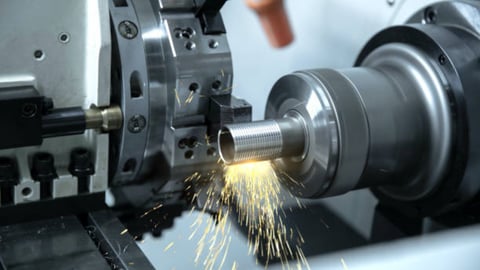
The future of CNC milling machines looks promising, with ongoing advancements in technology and automation. The integration of artificial intelligence and machine learning into CNC systems can greatly enhance productivity and efficiency. Additionally, the development of more compact and affordable machines makes CNC milling accessible to a wider range of industries and businesses.
Choosing the Right CNC Milling Machine
When selecting a CNC milling machine, it is important to consider factors such as the required precision, the size and weight of the parts to be machined, and the available budget. It is also crucial to choose a reliable and reputable manufacturer that offers excellent technical support and after-sales service.

